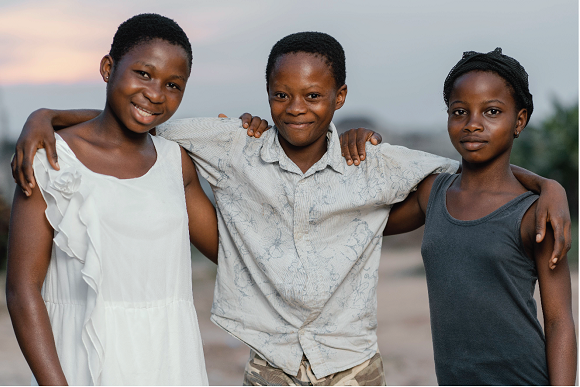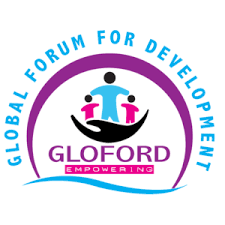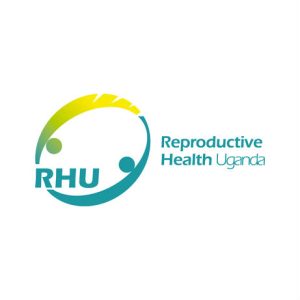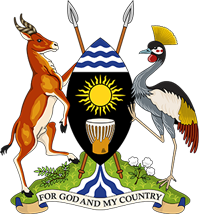Empowering Adolescents, Transforming Health!
Together, we can empower young people, transform gender norms, and improve access to life-saving reproductive health services.



The CAFFP-PAC project is an innovative initiative aimed at improving adolescent sexual and reproductive health (SRH) in Northern Uganda, specifically in Lira District. The project integrates Comprehensive Adolescent-Friendly Family Planning and Post-Abortion Care (CAFFP-PAC) into public primary healthcare facilities using a Citizen Science Gender-Transformative Approach (CS-GTA).

Adolescent sexual and reproductive health (ASRH) is a global challenge and a key priority for achieving several Sustainable Development Goals (SDGs) on poverty (SDG 1), health (SDG 3), education (SDG 4), and gender equality (SDG 5) (1) . In developing countries, 19% of young women become pregnant before the age of 18, contributing to the 7.3 million births occurring annually to adolescent girls under 18, with 2 million of these births among girls under 15 (2) . Unmet contraceptive needs among adolescents are significant, resulting in 74 million unintended pregnancies each year, leading to 36 million abortions, more than half of which are unsafe (3) . In sub-Saharan Africa, the unmet need for family planning (FP) stands at 25%, compared to 13% in Southeast Asia, 10% in Europe, 8% in the Americas, and 4% in the Western Pacific (3) . Access to contraception and specialized care, including post-abortion services, remains closely tied to socio-economic and geographic inequalities, with factors such as cost and availability significantly impacting individuals ability to utilize these essential services (3) . Addressing these disparities is crucial to improving adolescent health outcomes, reducing gender inequalities, and breaking cycles of poverty and limited educational attainment.
Uganda has one of the highest adolescent pregnancy rates in the world, with limited access to family planning, post-abortion care (PAC), and youth-friendly services. Gender norms, stigma, and policy barriers further restrict access, leading to high rates of unintended pregnancies, unsafe abortions, and maternal deaths.
The CAFFP-PAC project empowers adolescents as citizen scientists, actively involving them in identifying barriers, designing solutions, and implementing interventions. The project adopts a participatory, gender-transformative, and community-led approach, ensuring adolescents have access to safe, stigma-free reproductive health services.
Together, we can empower young people, transform gender norms, and improve access to life-saving reproductive health services.





Recover your password.
A password will be e-mailed to you.